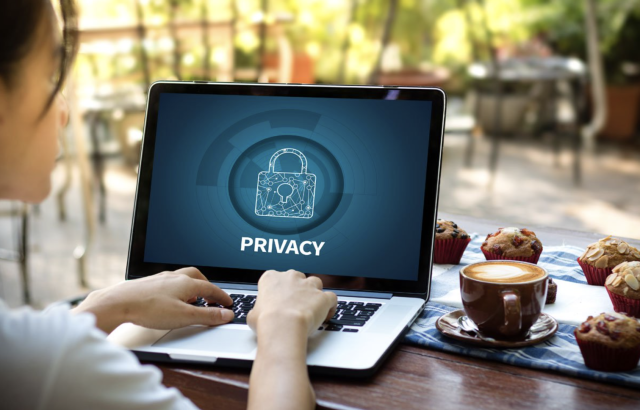In an increasingly connected world, safeguarding your online privacy has become paramount. One crucial aspect of this is protecting your IP address. But what is an IP address? An IP address is a distinctive numerical label given to devices that connect to a computer network. It serves as a digital identifier, enabling communication between devices via the internet. In this article, we will explore the most effective methods for securing your IP address, guaranteeing the privacy and security of your online activities.
Utilize a Virtual Private Network (VPN)
Contents
A VPN is a powerful tool in safeguarding your online privacy. It creates a secure tunnel between your device and the internet, encrypting your data and masking your IP address. This means that even if your internet traffic is intercepted, it appears as gibberish to anyone trying to snoop. Additionally, a VPN allows you to choose from servers located around the world, effectively changing your virtual location and providing an extra layer of anonymity.
Keep Your Software and Operating System Updated
Outdated software and operating systems often contain vulnerabilities that can be exploited by cybercriminals. Regularly updating your software ensures that you have the latest security patches, closing off potential entry points for attackers. This practice is essential for safeguarding not only your IP address but also your entire digital ecosystem.
Enable Firewall Protection
Firewalls act as a barrier between your device and potential threats from the internet. They monitor incoming and outgoing network traffic, allowing or blocking data based on a defined set of security rules. By configuring your firewall settings, you can add an extra layer of protection against unauthorized access and potential IP address exposure.
Use HTTPS and Secure Browsing
When browsing websites, always look for “HTTPS” in the URL instead of just “HTTP”. The “S” stands for “secure” and indicates that the communication between your browser and the website is encrypted. This encryption helps protect your data, including your IP address, from interception or manipulation by malicious actors.
Avoid Suspicious Links and Emails
Phishing attacks remain a prevalent method used by cybercriminals to steal sensitive information. Exercise caution when clicking on links in emails or messages, especially if they seem suspicious or come from unknown sources. These links may lead to fake websites designed to capture your IP address and other personal information.
Disable Geolocation Services
Many apps and websites request access to your device’s location for various functionalities. While this can be useful for navigation or local recommendations, it also means your IP address is being shared. Review and disable geolocation services for apps where it’s not strictly necessary, ensuring you only disclose your location when you choose to.
Your IP address is a crucial piece of information that can be used to track your online activities and potentially compromise your privacy. By implementing these best practices, including using a Virtual Private Network (VPN), keeping your software updated, enabling firewall protection, using secure browsing methods, and exercising caution with links and emails, you can significantly enhance your online security. Taking these steps will help you maintain control over your digital footprint and enjoy a safer, more secure online experience. Remember, being proactive in safeguarding your IP address is a vital step towards maintaining your online privacy.


